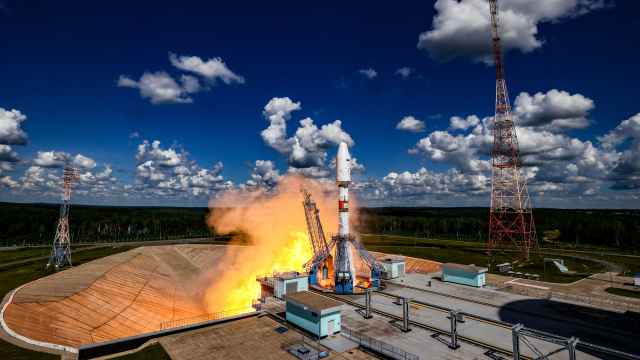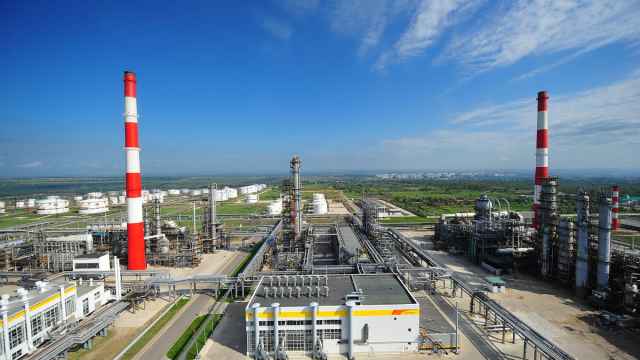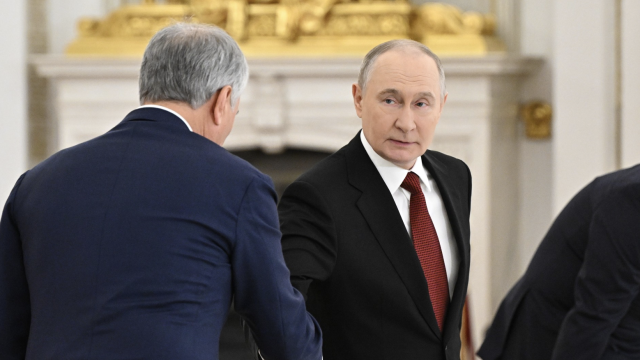Uralkali, the country’s biggest fertilizer company, is nearing an agreement to buy Silvinit, its largest domestic competitor with a market value of $6.9 billion, according to two people with knowledge of the matter.
Uralkali won government approval to create a national champion to compete internationally, the people said, declining to be identified because the plan is confidential. The transaction is likely to be announced this month, they said.
Billionaire Suleiman Kerimov and partners acquired controlling stakes in Berezniki, Ural Mountains-based Uralkali and Silvinit between June and August and have been seeking to merge the two. The combined group would account for 17 percent of the world’s potash output, making it the second-largest producer after Canada’s Potash Corporation of Saskatchewan, according to Fertecon, a U.K.-based industry consultant.
The Russian merger will have a “positive effect” on the market, Potash Corporation chief executive Bill Doyle said on an analyst call, adding that he expects a deal in the first quarter.
Alexei Sotskov, a spokesman for Uralkali in Moscow, and Anton Subbotin, representing Silvinit, declined to comment. Dmitry Peskov, a spokesman for Prime Minister Vladimir Putin, said Putin is “informed about the ongoing merger” and declined to comment on any government approval.
The world’s eight largest potash miners, whose market control already exceeds that of oil cartel OPEC, have been seeking to tighten their grip on prices of the crop nutrient. BHP Billiton last month scrapped a $40 billion bid for Potash Corporation following opposition from Canada’s lawmakers.
With the global population adding 75 million people a year, food demand is set to put further strain on crops, increasing the need for fertilizer. Consolidation among producers of potash, a form of potassium used to boost yields by helping plants withstand dry soil, has caused concern in countries such as India — the biggest importer last year — that prices will rise.
A fivefold surge in potash prices over 2007-08 led to at least eight class-action claims in the United States over alleged collusion, a charge the producers denied. Potash was among the last commodities to plunge in the global recession as suppliers cut output to prop up prices. Potash Corporation used a third of its capacity last year, while none of its seven largest rivals used more than 80 percent, Fertecon and Potash Corporation data show.
Kerimov directly owns 25 percent of Uralkali through his Kaliha Finance holding company and, together with his partners, controls 53 percent, Uralkali said in June.
The billionaire owns 25 percent of Silvinit, according to Vedomosti. His control expands to 69 percent when accounting for the 44 percent stake acquired by his partners in August, a person familiar with the purchase said at the time.
A Message from The Moscow Times:
Dear readers,
We are facing unprecedented challenges. Russia's Prosecutor General's Office has designated The Moscow Times as an "undesirable" organization, criminalizing our work and putting our staff at risk of prosecution. This follows our earlier unjust labeling as a "foreign agent."
These actions are direct attempts to silence independent journalism in Russia. The authorities claim our work "discredits the decisions of the Russian leadership." We see things differently: we strive to provide accurate, unbiased reporting on Russia.
We, the journalists of The Moscow Times, refuse to be silenced. But to continue our work, we need your help.
Your support, no matter how small, makes a world of difference. If you can, please support us monthly starting from just $2. It's quick to set up, and every contribution makes a significant impact.
By supporting The Moscow Times, you're defending open, independent journalism in the face of repression. Thank you for standing with us.
Remind me later.





